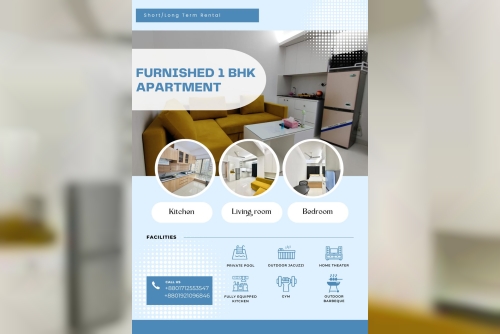Maintaining oral hygiene goes beyond just brushing and flossing. Over time, plaque build-up can harden into tartar, requiring professional dental care. One of the most effective methods to address this issue is through professional cleaning, often referred to as scaling. In this blog, we’ll clarify the difference between scaling and tartar, and explain how procedures like the highly recommended Deep Scaling and Polishing can enhance your dental health.
What is Tartar?
Tartar, also known as dental calculus, is a hardened form of plaque that accumulates on your teeth when oral hygiene is neglected. Plaque is a sticky film made of bacteria, food particles, and saliva that constantly forms on the teeth. When plaque is not cleaned regularly, it mineralizes into tartar, which firmly adheres to the enamel and gumline.
Tartar is rough and porous, making it easier for more plaque to accumulate. This creates an ongoing cycle of bacterial growth that can lead to tooth decay, bad breath, gum inflammation, and even periodontal disease if left untreated. Unlike plaque, tartar cannot be removed through regular brushing and flossing—it requires professional dental intervention.
What is Scaling?
Scaling is a dental procedure aimed at removing plaque and tartar build-up from the teeth, especially in areas that are difficult to clean at home. During a scaling session, a dentist or dental hygienist uses specialized tools—either manual scalers or ultrasonic instruments—to scrape off the tartar from the teeth’s surfaces and below the gumline.
Scaling not only helps in improving the appearance of your teeth by eliminating stains and discoloration but also plays a crucial role in preventing gum disease. In more advanced cases, scaling is followed by root planing, a deeper cleaning technique that smoothens the root surfaces and promotes gum reattachment.
Key Differences Between Tartar and Scaling
Tartar and scaling are not comparable concepts—they are two completely different aspects of dental health:
Tartar is the problem: It’s a hardened deposit formed from plaque.
Scaling is the solution: It’s the process used to remove tartar.
Think of tartar as the dirt on a surface and scaling as the act of scrubbing that surface clean. Without scaling, tartar will continue to accumulate and can cause irreversible damage to both teeth and gums.
When Do You Need Scaling?
You may need scaling if you experience symptoms like:
Bleeding or swollen gums
Bad breath that doesn’t go away
Visible yellow or brown deposits near your gumline
Loose teeth or gum recession
A dental examination will determine the severity of tartar accumulation. Mild cases may only need routine cleaning, while deeper tartar deposits may require multiple scaling sessions. In Islamabad, opting for professional <a href="https://www.royalcosmeticsurgery.com.pk/deep-scaling-and-polishing.html">Deep Scaling and Polishing in Islamabad</a> can significantly enhance oral health and prevent future complications.
Preventing Tartar Build-Up
While scaling effectively removes tartar, it’s best to prevent its formation in the first place. Here are a few tips:
Brush your teeth at least twice daily using fluoride toothpaste
Floss daily to remove plaque between teeth
Use an antiseptic mouthwash to kill bacteria
Avoid sugary snacks and beverages
Visit your dentist regularly for check-ups and cleanings
Consistent oral care can delay tartar formation and reduce the frequency of professional scaling treatments needed.
Conclusion
Understanding the difference between tartar and scaling is essential for maintaining optimal oral health. Tartar is a stubborn enemy that brushing alone cannot defeat. Scaling, especially when performed by skilled professionals, is your strongest defense. If you notice signs of tartar build-up, consider seeking expert care such as for thorough cleaning and preventative maintenance. To learn more about dental treatments and personalized care, visit the Royal Cosmetic Surgery PK today and take the first step toward a brighter, healthier smile.












